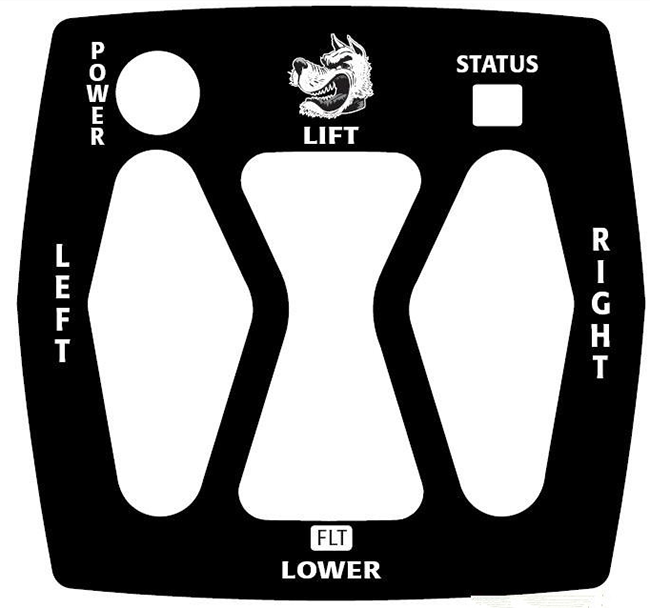注塑模具加工廠的模具應根(gēn)據成型不(bú)同的塑料品種(zhǒng),設置模具冷卻或(huò)加熱裝置(zhì)的模(mó)溫控製係統,那麽注塑模具廠(chǎng)家對結晶型和非結晶型(xíng)塑料如何處理?
The mold of the injection mold factory should be set up according to the different plastic varieties of the mold cooling or heating device of the mold temperature control system, so how to deal with the crystallized and amorphous plastic of the injection mold manufacturer?
由於結晶型塑料具有冷卻時施放熱量多、冷卻速率快、結晶度低、收縮小和透明(míng)度高的特點,成型時(shí)需要充分冷卻。結晶度與注塑件壁厚有關,注塑(sù)件壁厚小時冷卻快、結晶度低、收縮小和透明度高(gāo)。
Due to the characteristics of crystalline plastic cooling heat release, cooling rate, low crystallinity, shrinkage and high transparency, molding needs to be fully cooled. Crystallinity is related to the wall thickness of injection molded parts. When the wall thickness of injection molded parts is small, cooling is fast, crystallinity is low, shrinkage and transparency are high.
反之,注塑件壁厚大時冷卻慢、結晶度高、收縮大(dà)以及物理性能(néng)和(hé)力學性能好(hǎo),所以結晶(jīng)性塑料須按照要求(qiú)控製模(mó)溫,一般結晶型塑料為不透明或半透明(míng),如聚酰胺(PA)。非結晶型塑料為透明的,如有機(jī)玻璃。但也有例外,如結晶型塑料聚。
On the contrary, when the wall thickness of injection parts is large, cooling is slow, high crystallinity, shrinkage and physical and mechanical properties are good, so the crystalline plastic must be controlled in accordance with the requirements of the mold temperature, general crystalline plastic is opaque or translucent, such as polyamide (PA)。 Amorphous plastics are transparent, such as plexiglass. But there are exceptions, such as crystalline plastic polymer.

此外,注塑模具加工(gōng)廠對成型注塑件(jiàn)主澆(jiāo)道長的模具,需(xū)要(yào)采用加深型澆(jiāo)口套和熱流道(dào)來提高熔體充模(mó)的溫度,用於改善塑料熔(róng)體的流動性。對(duì)於(yú)流程長的厚(hòu)壁或成型麵積大的注塑件,為了保證塑料熔體的充分填充,應考慮設置加熱裝置:而對薄壁注塑(sù)件,可依靠模具自(zì)身的散熱而不需要設置冷卻裝置。
In addition, the injection mold factory needs to use deep gate sleeve and hot runner to improve the melt filling temperature and improve the fluidity of plastic melt for the mold with long main gate of injection molding parts. For injection parts with long thick wall or large molding area, in order to ensure full filling of plastic melt, heating device should be considered. For injection parts with thin wall, cooling device is not needed to rely on the heat dissipation of the mold itself.
而
濟南注塑加(jiā)工廠家對於黏度低與流(liú)動好的塑料,如聚苯乙烯(PS)、聚氯乙烯(PVC)、聚乙烯(PE)、聚酰(xiān)胺(àn)(又稱尼龍(lóng)PA)和聚丙烯(PP)等黏度(dù)低的塑料,需對(duì)模具加裝冷卻裝置,一般情況下是(shì)采用溫水冷卻;為了縮短冷硬固化的時間,也可采用冷(室溫(wēn))水冷卻。
And Ji 'nan injection molding manufacturers for low viscosity and good flow of plastic, such as polystyrene (PS), polyvinyl chloride (PVC), polyethylene (PE), polyamide (also known as nylon PA) and polypropylene (PP) and other low viscosity plastic, need to add cooling device for the mold, under normal circumstances is the use of warm water cooling; In order to shorten the time of cold and hard curing, cold (room temperature) water cooling can also be used.
注塑模具(jù)廠家對結晶型和非結晶型塑料如何處理?以上便是處理的方(fāng)法,如果您還存有什麽疑問,可以通過網站
www.lsjtcyjt.cn聯係我(wǒ)們谘詢。
How do injection mold manufacturers deal with crystalline and amorphous plastics? The above is the way to deal with, if you still have any questions, you can contact us through the website www.lsjtcyjt.cn.
